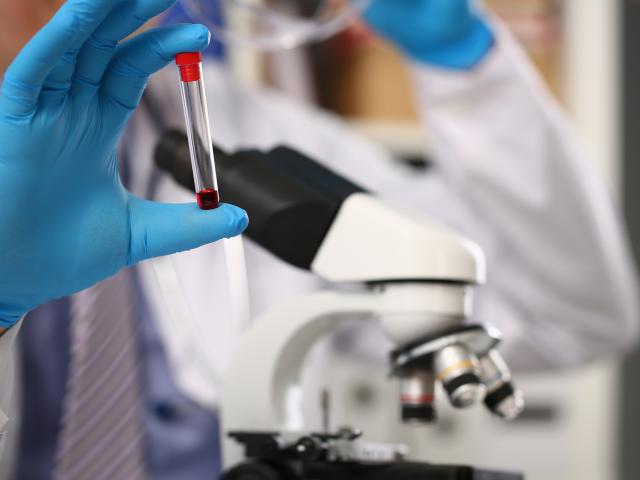
“This could save more lives than you could possibly imagine” - how collaborative working found a valuable diabetes prevention intervention for Wales
‘Collaborative working’ has become a real buzz phrase in the research community; the focus of many conferences, and essential criteria on many funding applications.
But how does it work in real life? We spoke to a team of diabetes researchers to find out how they worked together evaluating a new diabetes prevention intervention for Wales, and the role of Health and Care Research Wales in making it happen.
Finding out more about the diabetes prevention programme, which initially brought the group together, Berni Sewell, Co-Applicant and Management Team member of Health and Care Economics Cymru, said: “It’s a brief health behaviour intervention, first trialled in the Afan Valley, that appeared to have positive impact on people identified at high risk for diabetes.
“The intervention is delivered by a support worker trained and supervised by a Registered Dietitian. Diabetes Research Unit Cymru undertook an analysis of the clinical data, and found the majority of patients were returning to a normal blood glucose range.”
Helen Nicholls, Community Dietician for Cardiff and Vale University Health Board who was involved with the project, added: “We evaluated that programme with the Diabetes Research Unit Cymru team, and then, seeing that it was effective in clinical terms, did the health economics analysis with Shaun, Kostas and Pippa from the Swansea Centre of Health Economics to understand the health and economic benefits to come up with a pathway that would work for Wales.
“That pathway was adopted by the All Wales Diabetes Implementation Group. We then went to Welsh Government with our findings, and it was included in the delivery plan for Healthy Weight Healthy Wales. It’s through that route that it’s been given a million pounds of funding.”
“It was only with Health and Care Research Wales funded time that this actually happened,” explained Pippa Anderson, who was Head of the Swansea Centre for Health Economics (SCHE) at the time of the project.
“Steve Luzio, who led the Diabetes Research Unit Cymru team, Shaun Harris, a Health Economist in SCHE, and myself had Health and Care Research Wales funding which enabled us to establish collaborations with Health Boards.
“As part of that we happened to attend a health board meeting about diabetes programmes. In that meeting we found out about the Afan Valley project and we understood that this could be very important for the health of people in Wales.
“Steve and his colleagues did the analysis work on the data, and Shaun did some rough and ready stats on what a difference the project would make if it was more widely rolled out.
“Word then got out to Helen, who reached out to Steve… and we were able to obtain funding to do more thorough analyses. This was only possible through these wonderful networks which we had built.
“If we didn’t get the time and encouragement from Health and Care Research Wales to make those connections, and have time to think things through, this evaluation would have never happened.”
“The programme is an easy sell when you’ve got a great health economics paper and evaluation behind you,” said Helen.
“Health economics is often the part that’s missing in any service development.”
Steve added: “This has come from the bottom up. It was a GP initiative, from which we obtained the clinical data to do the evaluation. This is not a big ticket, randomised control trial, but actually real life, and a pragmatic approach to deliver helpful information for services and the people of Wales.
“This wasn’t a multi-million-pound massive research study. This was a small team, very practical and focused on the service.”
“It’s a really good example of value-based healthcare,” said Helen.
“Post COVID-19, I think diabetes and obesity are two areas we will need more research in. We’re already seeing the impact of having certain services shut down, so this is more important than ever.”
Work to roll out the programme is under way, and Pippa believes the intervention will have huge impact in the future:
“This could save more lives than you could possibly imagine.”